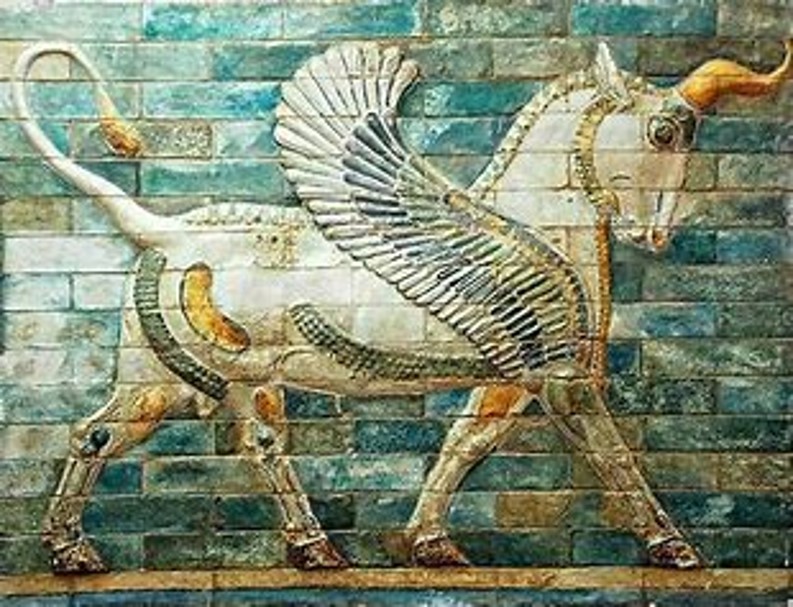PNR 284, Editorial (July-August 2025)
One subscriber to PN Review, John Looker, enjoyed Colin Bramwell’s introductory contribution to PNR 283 in Scots. With a parodic Home Counties voice, he said, ‘I should be grateful if you would kindly inform Mr Bramwell that I found his essay jolly interesting. Frightfully witty too. I had to read it slowly and, to my shame, rather suspect that my lips were moving but I caught his gist and found myself nodding along.’ The linguistic magic worked, it made his lips move to make sense. It insisted he turn up the volume of his reading so he could hear what the language was doing, beyond meaning.
Judging from responses to the issue, the challenges it offered will take some time to resolve. PNR 284 continues the project – hardly surprising, since much of the content here was commissioned for 283. That issue grew to an impossible extent. Half of 284 is a rich overspill. Another fat issue! – and just when we want to reduce the magazine to a manageable extent for our readers and our finances. The last thing we want to do is raise subscription rates.
PNR 284 is full of revisitings, another term for translation, as well as for the kinds of time travel that memory represents in fragmentary essaylets that can make up a single essay. Sasha Dugdale’s ‘Benjamin in Moscow’ weaves considerations of Meyerhold, Benjamin and of her own experiences of the city over time. ‘That was me! I see it now. I stared and stared and could not speak. The future arrived in 1991 and I watched it, but failed to write it. It gradually became the past, and still I failed to write it. And now, by and large, it is barely spoken of, this vital, shame-filled interval between the snarling years.’
Csilla Toldy engages Baudelaire in dialogue: prose or verse? Clearly one, clearly the other. It concludes,
in turbulent times
walk on water
holding hands
Alberto Manguel finds personal histories in libraries, in their content and their intent, in what they reveal about him and about us, then and now. Moments in contemporary history impinge on old or ancient items: police activity in Jerusalem resonates in Bercy, in the National Library of France celebrating its thirtieth anniversary at a time when, once again, books are regarded as provocations. A small, perilous gesture of resistance resonates in an image, translated without loss of meaning across languages and cultures.
And there is Iryna Shuvalova’s poem ‘written in response to the death, in a Russian air strike, of the Ukrainian writer Victoria Amelina’:
and now only her clothes remain her boots
the left sole slightly more worn on the inside
the torn edge of the coat pocket sewn up
by a hand that
suddenly no longer knows how to sew
or write or hold a knife or fork or stroke
her son’s head or click her fingers
impatiently
Or A.E. Stallings’s tight, exemplary quatrains that end,
Buds are bombs,
Though when they burst,
No one is hurt.
(Or not at first.)
Not at first. Yet a resonance, an effect, begins to build – a potent residue, from the bud as from the bomb. Greg O’Brien and Jenny Bornhold visit Japan and curate an exhibition there which evokes an unfamiliar country and brings its culture into an alien focus. It reveals at least two truths at once, in visual and verbal images.
Whenever I see a new issue of Modern Poetry in Translation, a magazine with which PN Review’s early years are closely entwined, I think it should be renamed Modern Poetry Is Translation. Or has the time come to change the title of this journal, which has always celebrated Babel, to Poetry Ziggurat Review? We can dedicate it to Inshushinak, the Bull-God of Susa, among other gods, past and present.

